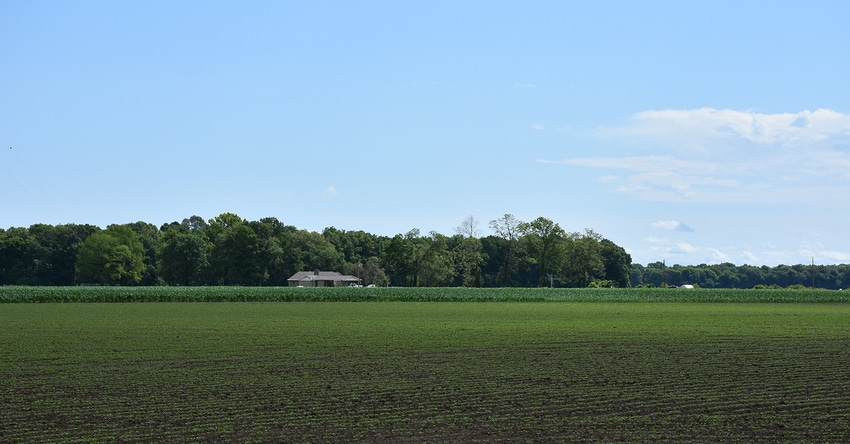
I voraciously consume the literature of the South and especially love the true stories of transforming the Delta into the productive cropland it is today. So, when James Oliver sent me a copy of his self-published, "The Oliver Story: Mississippi Delta Legacy," I was ready to jump into the book.
Oliver tells the story of his great-grandfather swimming across the Mississippi River in the middle of the night with a bullet in his leg, thus beginning the legacy of the Olivers in the Delta.
The book is well put together and full of great stories that can only come out of the south. I wanted to savor those stories, so I have taken my time moving through the book, absorbing its contents.
Oliver told me of a generational conflict between my family and his during the early part of the 20th Century. I noted that the conflict between the families was not along my direct line of ancestors. I'm hoping that is a satisfactory explanation and that he won't ask me to give the book back.
The people of the Delta come from tough stock. They had to be to survive floods, vegetation, humidity and snakes.
Oliver tells of falling the trees and farming around the trunks until the dead stumps were able to be removed. It was all done with mules or horses and manpower.
Until the levees were built, flooding was an annual occurrence. The floods brought rich nutrients to the soil but inundated the land and disrupted human life – occasionally, they still do.
A little over a year ago, Mike Sullivan of Mississippi County Ark., gave me a copy of a booklet entitled, "It Didn't Just Happen," about the clearing and transformation of the great swamp that inhabited the Boot Heel of Missouri and northeast Arkansas.
The draining of the swamp and reforming it into farmland took less time in the Boot Heal because it occurred later and was regionally organized. It was still a monumental task and given environmental concerns and the cost of the project, draining the upper Delta might not have happened in today's world.
I spoke with Allen Below of Parma, Mo., once about the task of pulling the trees and filling in the land along the Mississippi River in the Boot Heel. I'm not sure many people today are up to the task or physical labor that was required of those folks - I know I'm not.
It's with all of this in mind that I read what Oliver's grandfather, James Samuel Oliver, accomplished in this life in the mostly untamed Delta of the 19th Century.
Descendants of the senior Oliver and many others like him - even a few Murphrees - still work the soil up and down the Delta. It is a tough and proud heritage. I want to hear more of their stories.
About the Author(s)
You May Also Like






